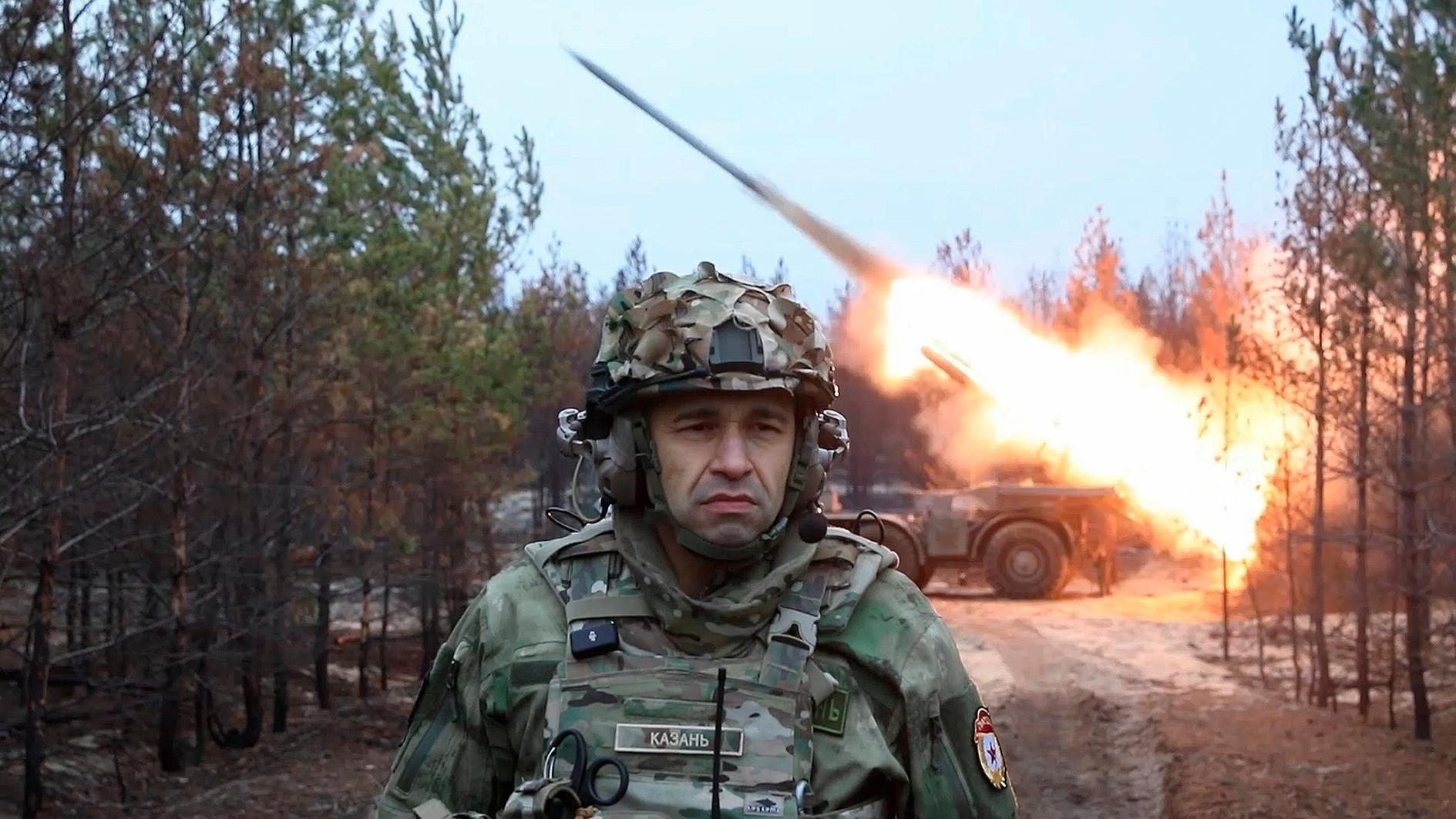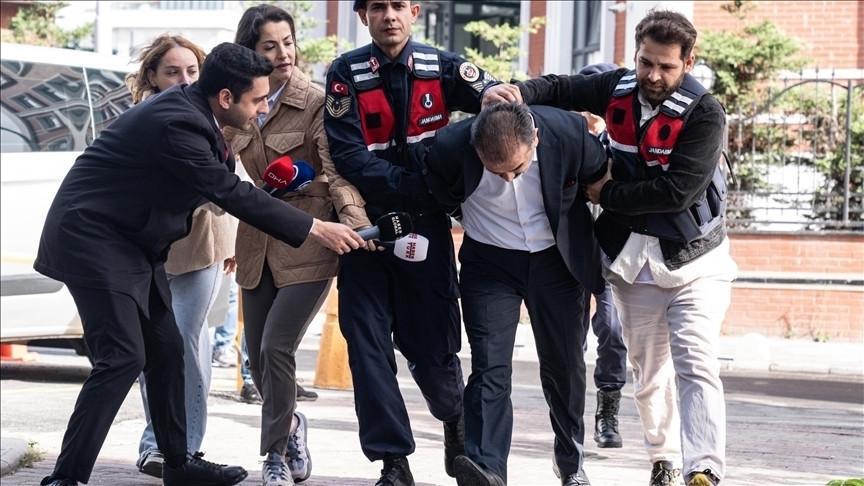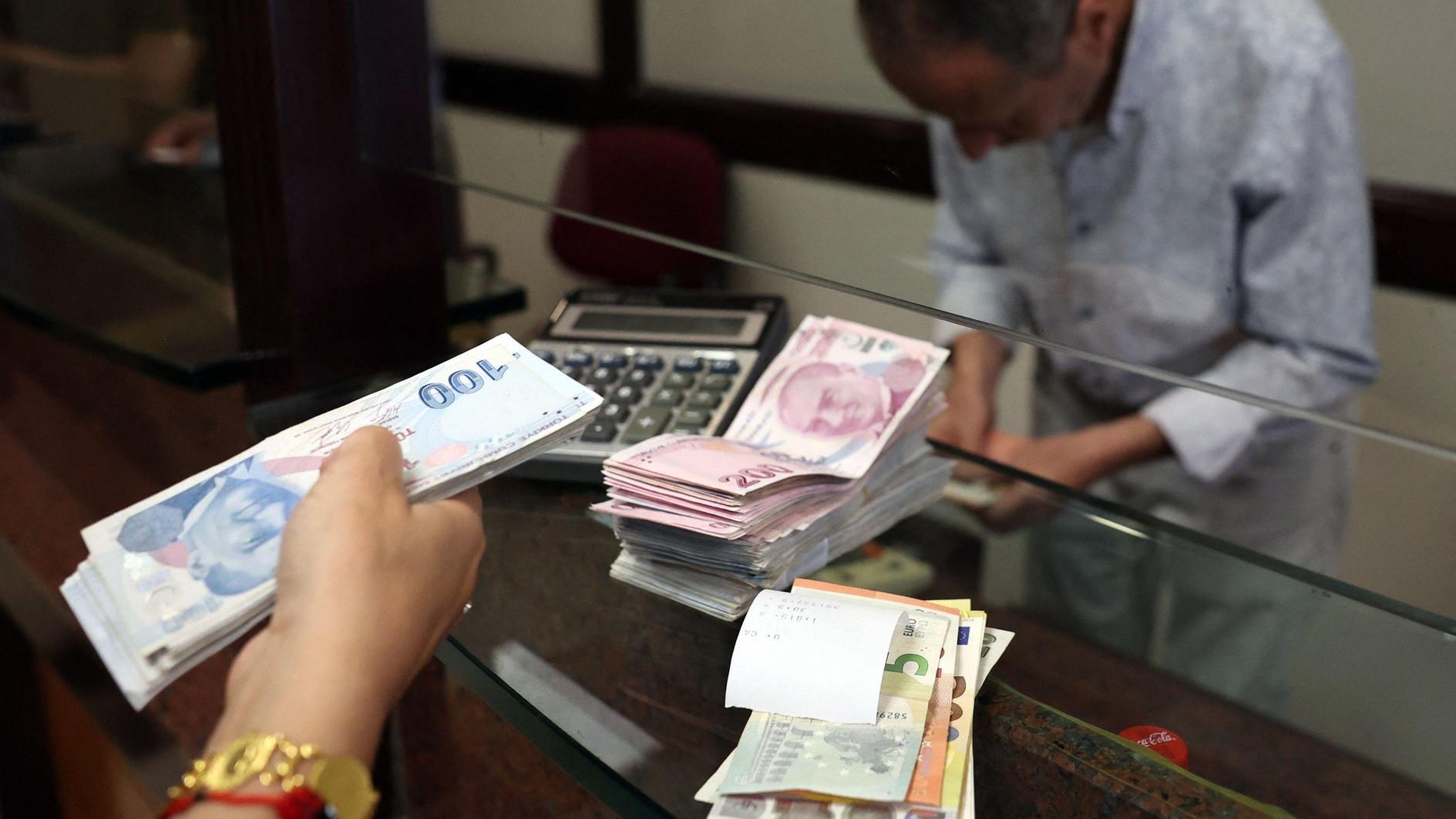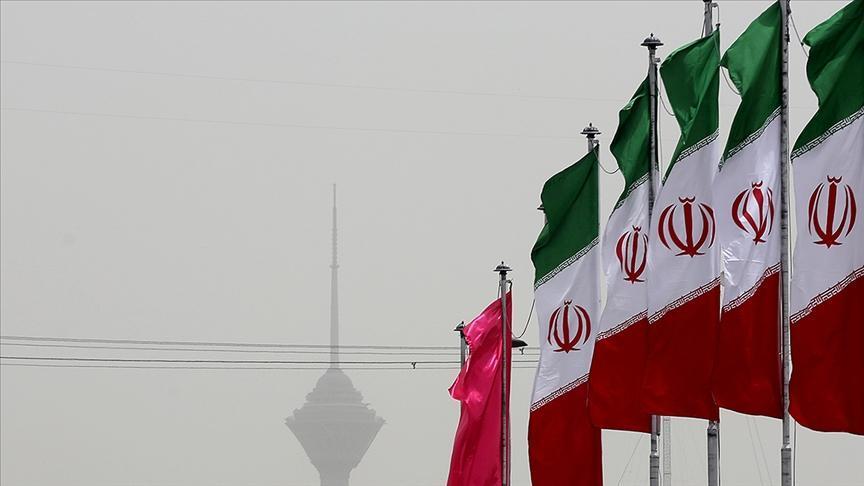New York judge rejects Strauss-Kahn immunity
NEW YORK - Agence France-Presse
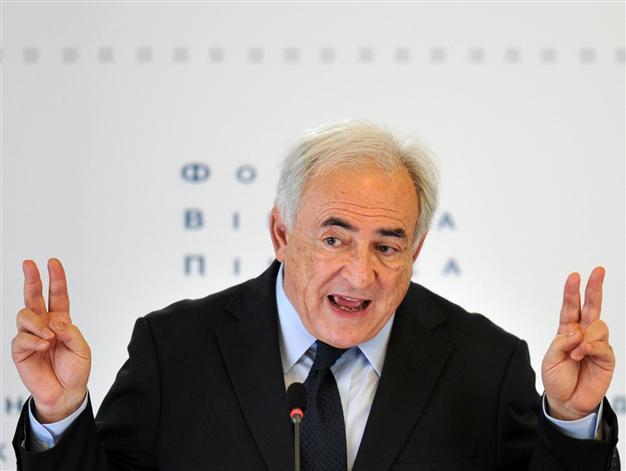
French economist, lawyer and politician Dominique Strauss-Kahn gestures as he speaks to Ukrainian students in this April 4, 2012 file photo in Kiev. AFP photo
Former IMF chief Dominique Strauss-Kahn must face a civil trial over an alleged sex assault in New York, a judge here ruled Tuesday, rejecting his last ditch attempt to claim diplomatic immunity.The judge hearing the suit brought by Nafissatou Diallo ruled Strauss-Kahn had lost immunity because he'd resigned from the International Monetary Fund well before the civil action was lodged.
Bronx Supreme Court Judge Douglas McKeon called Strauss-Kahn's attempt to escape the civil trial "his own version of a 'Hail Mary pass'," -- an American football reference to the often desperate, long-distance throw a team will attempt in the final seconds of a losing game.
Diallo alleges the French politician forced her into oral sex when she went to clean his room last year on May 14 at the luxury Sofitel in Manhattan.
Criminal charges were filed, but then dropped when Manhattan prosecutors decided that Diallo would not make a credible witness. She subsequently filed the civil suit seeking unspecified damages over what she says was a brutal and "sadistic" assault by one of the world's most powerful men.
Strauss-Kahn's lawyers argued in court last month that his position as head of the IMF protected him from further legal action.
He had never claimed immunity at the time of his arrest and he resigned voluntarily from his post -- losing his privileges -- even before criminal charges were filed. But lawyers said this was a conscious choice so that Strauss-Kahn could clear his name through legal channels.
In his ruling, however, McKeon ripped Strauss-Kahn's bid to now reclaim immunity when he faced civil action.
"Mr Strauss-Khan cannot eschew immunity in an effort to clear his name only to embrace it now in an effort to deny Ms Diallo the opportunity to clear hers," McKeon wrote.
Lawyers for Strauss-Kahn said they were "disappointed." "He is determined to fight the claims brought against him, and we are confident that he will prevail," the statement by William Taylor and Amit Mehta said.
Douglas Wigdor, a lawyer for Diallo, said "we are extremely pleased.... We have said all along that Strauss-Kahn's desperate plea for immunity was a tactic designed to delay these proceedings and we now look forward to holding him accountable for the brutal sexual assault that he committed." Strauss-Kahn says there was a consensual sexual encounter with Diallo in his hotel suite and denies any assault. Regardless of what happened, the scandal destroyed Strauss-Kahn's career, both as head of the IMF and as a would-be candidate for the French presidency.
Opinion polls at the time of his disgrace had pointed to Strauss-Kahn being able to beat incumbent President Nicolas Sarkozy, who is now struggling to avoid defeat against Socialist Party candidate Francois Hollande in a runoff vote Sunday.
The incident in New York irreversibly tainted Strauss-Kahn. His increasingly sordid public image took another hit when separate, prostitution-related criminal charges were filed in France.
Last weekend, Strauss-Kahn, or DSK as he's popularly known in France, struck back, claiming that his downfall had been orchestrated.
Strauss-Kahn said that although he did not believe the incident was a setup, the subsequent escalation of the event into a criminal investigation was "shaped by those with a political agenda." "Perhaps I was politically naive, but I simply did not believe that they would go that far -- I didn't think they could find anything that could stop me," he told The Guardian newspaper.
The Guardian said it was clear that "they" refers to people working for Sarkozy and his center-right Union for a Popular Movement (UMP) party.
Sarkozy responded by saying Strauss-Kahn should "explain himself to the law and spare the French his remarks."



